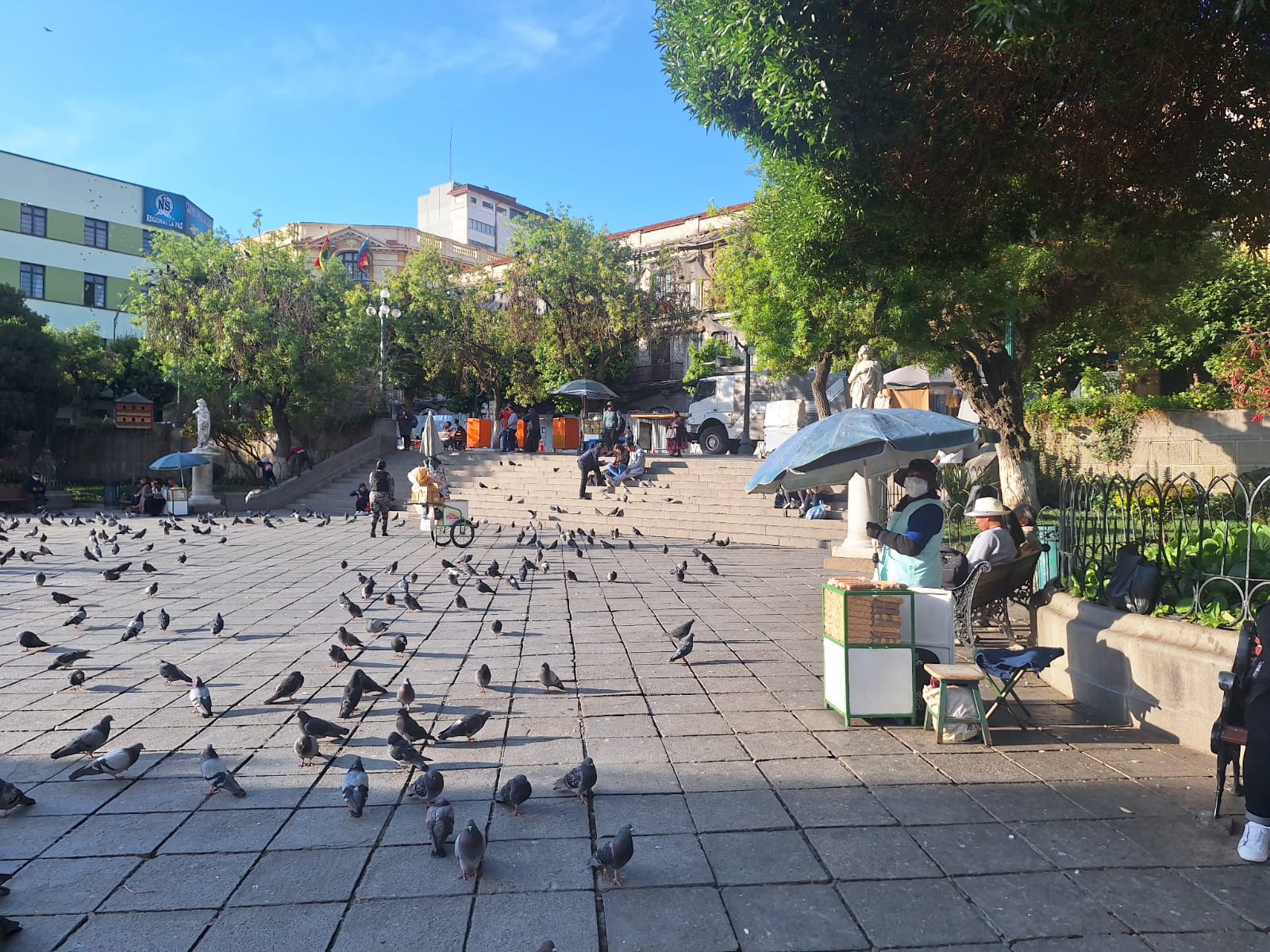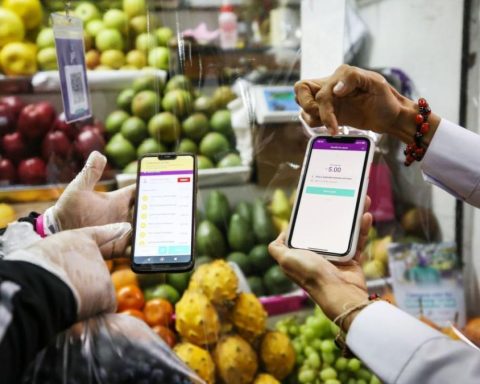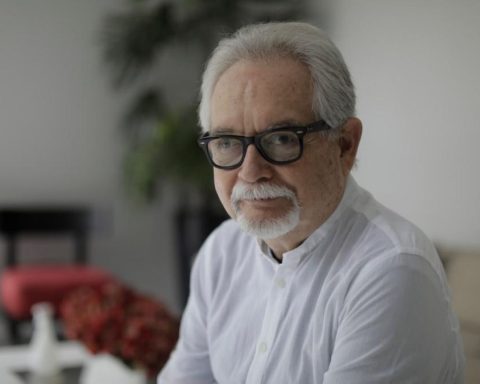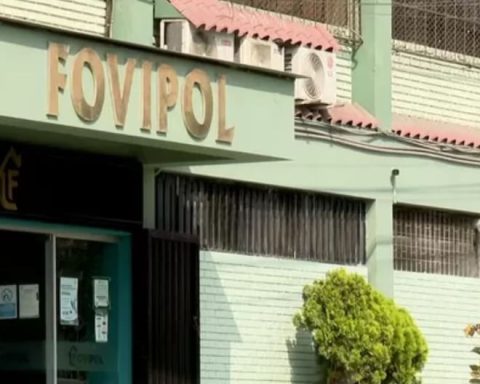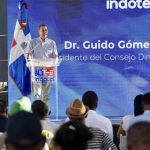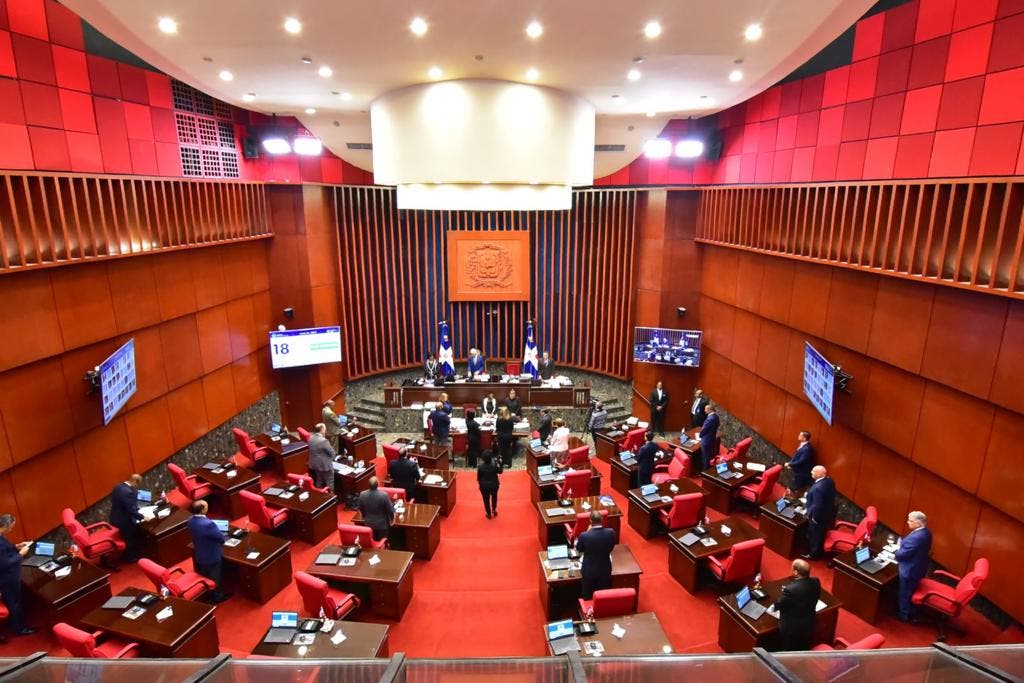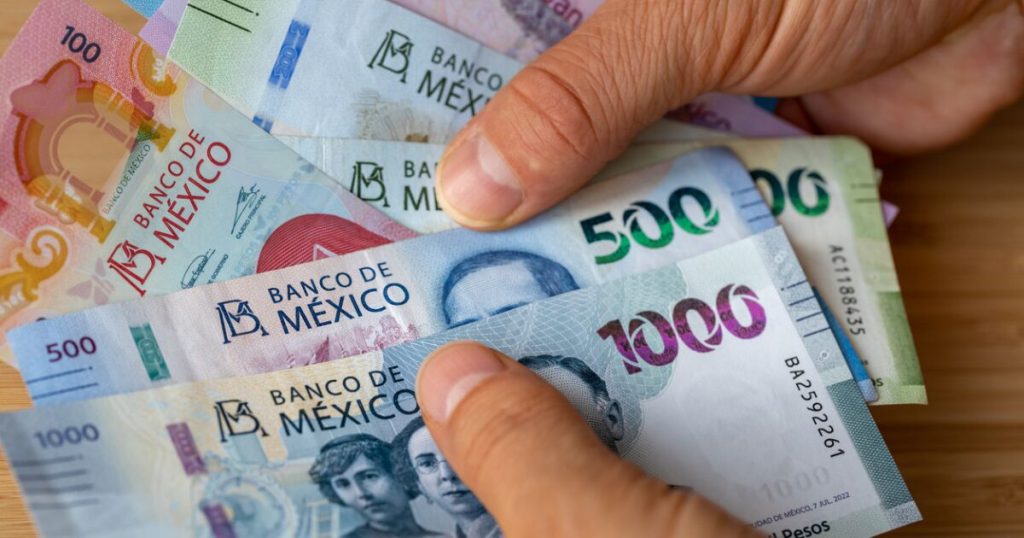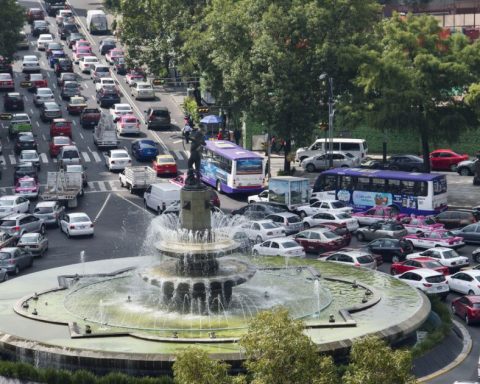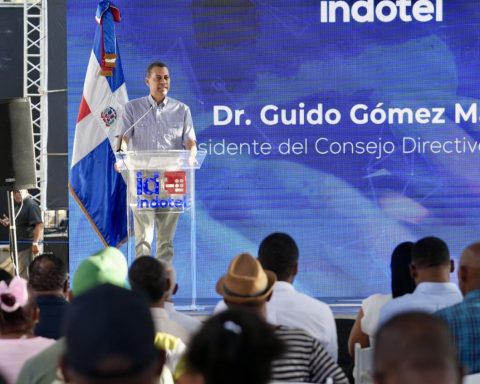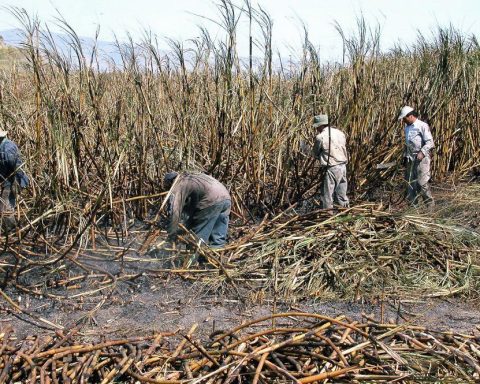Bolivia is currently going through an economic and political crisis that is affecting families. Analyst Gustavo Pedraza explained that the economic model implemented by the former president Evo Morales It did not consider fundamental aspects of public administration, prioritizing absolute power instead.
Look: Martín Pérez: “Japan wants to expand investment in Peru”
“When Evo Morales assumed the presidency, Bolivia exported 8 million cubic meters of gas with an exclusive contract with Brazil, which stipulated a progressive increase until reaching 31 million. At that time, the price of a thousand BTU (British Thermal Unit) was US$3, and then it went up to US$11,” Pedraza explained.
He added that a new contract was subsequently signed with Argentina, which increased gas exports from 31 to 56 million cubic meters. This allowed export revenues to go from US$3 billion in 2004 to US$13.5 billion in 2014, boosting the growth of the Gross Domestic Product (GDP).
“Evo Morales boasted of having found the model of the ‘Bolivian miracle’, but in reality it was only the export of raw materials, without any change in the country’s energy matrix,” said Pedraza. In addition, he stated that starting in 2015, the price of gas fell again to US$3, affecting foreign trade.
In 2019, the contract with Brazil ended, and a month ago the same thing happened with Argentina. “To sustain public spending, the government has resorted to international reserves, which are now at their limit,” he warned.
Look: Reinfo did not achieve its goal and today they want to expand it
Weakened institutions
Pedraza also highlighted the decomposition of institutions, including the Judiciary, although he clarified: “We have not yet reached rock bottom, but we perceive that we are heading towards a more complicated situation.”
For his part, journalist and political analyst Andrés Gómez warned that Bolivia is currently facing a shortage of dollars, which has made it difficult to purchase gasoline. In recent weeks, in cities like La Paz, many citizens have been forced to wait in long lines to purchase fuel. Gómez pointed out that this problem is aggravated by the increasing number of corruption cases that have come to light.
“The next government must implement urgent economic measures to overcome the crisis, such as reducing public spending and closing loss-making companies,” Gómez stressed, recalling that the presidential elections are scheduled for August 2025.
Take advantage of the NEW EXPERIENCE, receive our enriched digital newspaper by mail and WhatsApp. Peru21 ePaper.
Now available in Yape! Find us at YAPE Promos.
RECOMMENDED VIDEO
